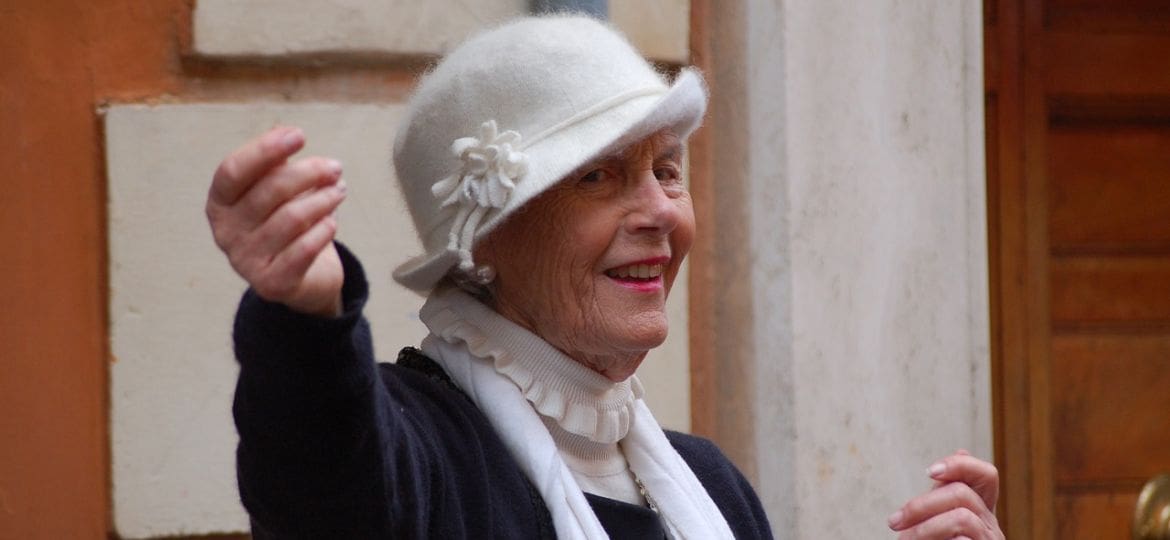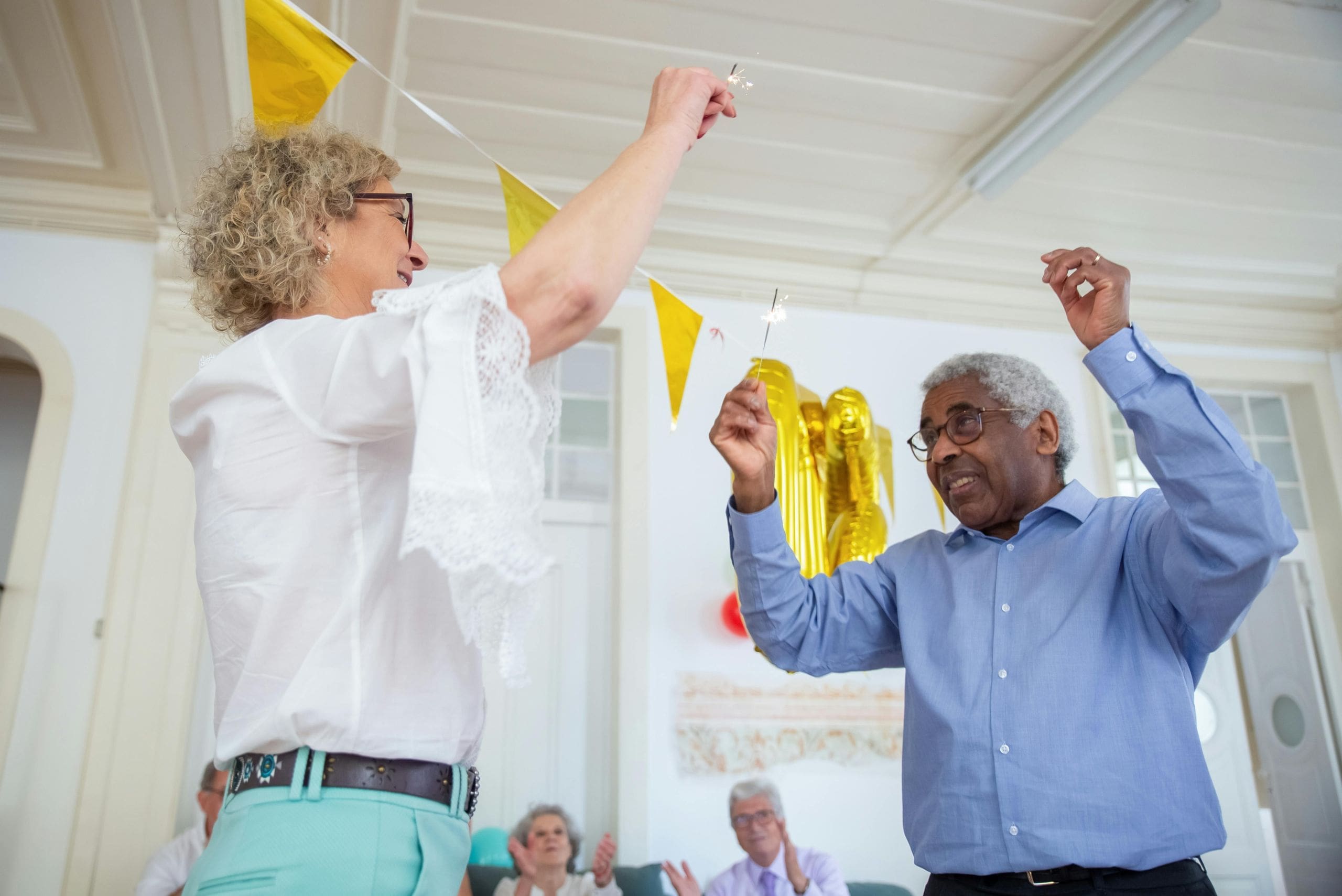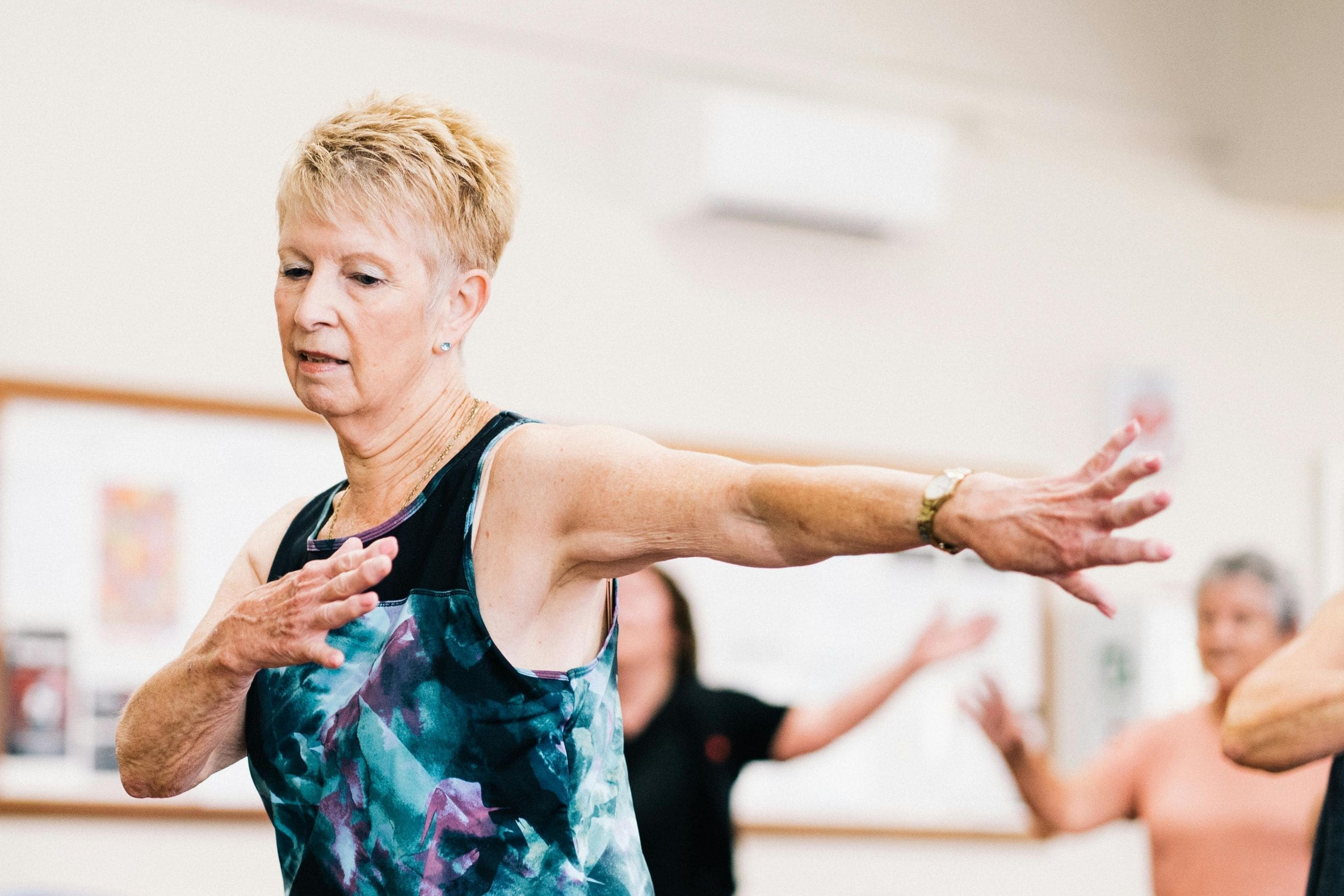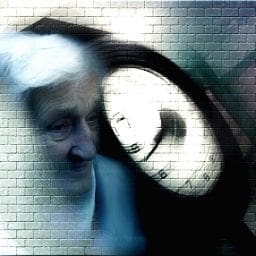
Contact Us
In this guide, we share some resources and ideas about how music and music therapy can be used for seniors suffering from dementia, and how music can help families to enhance their dementia care.
Music has always had the power to light up our lives. Whether you sing or play a musical instrument, or are just a listener, music has the power to transport us to a different place.
Different songs and types of music can bring back memories and evoke emotions by triggering endorphins in the brain.
But forget the science for a moment and just think about the time you danced, sang or just plain mumbled along to your favourite songs. It was probably enjoyable and brought a strong emotional response.
A music playlist for dementia sufferers can be used to help them and you as a family reconnect in a way that cannot be achieved verbally.
🎵 Research has shown that involving people with dementia in music—whether listening, singing, playing an instrument, or participating in a musical group—can have positive effects.
📘 In 2016, a study on the concept of a Musical Choir, researched and written by Bill Ahessy, demonstrated the benefits of integrating music into the daily routines of elderly individuals.
✨ Some of the observed benefits included:
- 😊 Decrease in symptoms of depression
- 😌 Improvement in general mood
- 🩺 Lower blood pressure
- 🌬️ More regulated respiratory rate
🔍 Additional studies have shown that music therapy can improve self-esteem, create a sense of belonging, boost energy levels, increase appetite, help regulate sleep patterns, and—most importantly—enhance cognitive function (thinking, feeling, sensory perception, and intuition).
👨👩👧👦 While not everyone may be physically able to join a choir, music remains a powerful and accessible tool for families supporting loved ones with dementia.


The starting point to building a playlist for a dementia sufferer is to take into account their favourite types of music and any particular music styles and artists you know they have liked in the past.
Another tip is to build a musical playlist which is recorded by your family members.
Get each of your family members who have a relationship with the person who is suffering from dementia to record themselves singing. This can help trigger responses by hearing a loved one’s voice in a different format rather than just monotone speech.
Another type of list is a way-back list. Try to find music from the generation when your family member was in the 18-30 age range. So for example, if somebody is 70 years of age today in 2024 then they would have been 25 years of age in 1979.
Building a 70’s and 80’s playlist can take them back to that prime time of their life and evoke positive memories and emotions.
A music playlist does not just need to focus on the audio element of music. It can also include visual elements. As an example, building a YouTube playlist which can be played on a TV via an internet connection is another way of using a combination of audio/visual elements.
If you feel that 1st Focus Homecare is a company you can trust, please contact our office on 0131 510 7878, where we can discuss your care needs. If we can help you or your loved one, we can arrange to meet you in person at your home to assess your care needs. Once an agreement is in place with you privately or via the local council, we will build you a care and support plan and agree on a start date.
- Musical film scores
- Musical intros from favourite TV shows
- Calming sounds like rainfall, distant thunder, crackling fireplaces or lapping ocean waves
- Musical instrument sounds (instrumentals) without an accompanying vocal
- Playing some of the world’s most common hymns
Be creative with this and try and come up with your own ideas.


If you are looking for inspiration in building a playlist or want to get involved in an event that brings dementia sufferers and their families together, then National Playlist Day could be an event you would like to research.
The idea of the event which is organised by the Scottish charity Playlist For Life, is to use the power of music to support people and families that have been affected by dementia.
This year’s event takes place on 20th September 2024.
It is calculated that there are nearly 1 million dementia sufferers across the UK, and this initiative is aimed at reaching as many of these people as possible and effecting positive change in their lives.
For those looking for some ready-made playlists then the team at Playlist For Life have put together some great free resources including several downloadable dementia music playlists
There are many music genres here from many different decades.


Q1: What are the real benefits of listening to music for dementia sufferers?
A1: People using music as a means of therapy have been shown to show improvement in cognitive functions, improved mood and awareness of surroundings, decreased anxiety and depression, and reduction in stress levels.
Q2: How might dementia sufferers react to music therapy?
A2: People using music therapy have been shown in studies to improve physical movement, facial and emotional expressions, being able to sing, and the ability to interact socially.
Q3: What type of musical activities can a dementia sufferer benefit from?
A3: Attending musical concerts is one activity, while also visiting church and listening to hymns can prove beneficial. If possible, playing a simple musical instrument like a harmonica, maracas, a tambourine or even a bongo is possible for people diagnosed with early-stage dementia.
Q4: What musical activities/therapy can be beneficial for people with late-stage dementia?
A4: The best tool for a person with late-stage dementia is likely to be a personal playlist of favourite songs.
Conclusion
1st Focus Care aims to bring seniors, the elderly, and their families, useful information to support them in later life and to help them live as active a lifestyle as possible.
As an at-home care provider for the elderly in Edinburgh, 1st Focus Care is available to act as a care provider and support you with help in basic daily living, including acting as a friendly ear to talk to, as well as providing meal preparation, shopping, medication administration and other needs.
Feel free to give us a call to find out if we are a good fit for your care needs.
📄 Dementia Care Pages & Posts
- Alzheimer’s Elderly Care in Edinburgh
- Building a Music Playlist for Dementia Sufferers
- How Can You Help a Person With Dementia? Essential Strategies and Tips
- The Benefits of Home Care Services for Individuals with Dementia
- Understanding the 7 Stages of Dementia
- What are the Symptoms of Frontotemporal Dementia?
- What is Alzheimer’s Disease, and is it Treatable?
- What is DLB? – Dementia with Lewy Bodies
- What is Mixed Dementia and How is it Treated?
- What is Vascular Dementia, and What are its Causes?
- What is Young-onset Dementia and How is it Managed?
- Early Dementia Detection at Home: Signs & Tools
- Challenging Behaviour – A Guide for Carers

1st Focus Homecare Newsletter
Join our newsletter to keep up to date with all the news related to elderly care in Edinburgh. Our newsletter is sent out weekly and contains news and tips on healthy living and healthy eating for the elderly.
We have a great library of posts that are shared on our news page with helpful tips for individuals and families who are looking for homecare in Edinburgh.

















